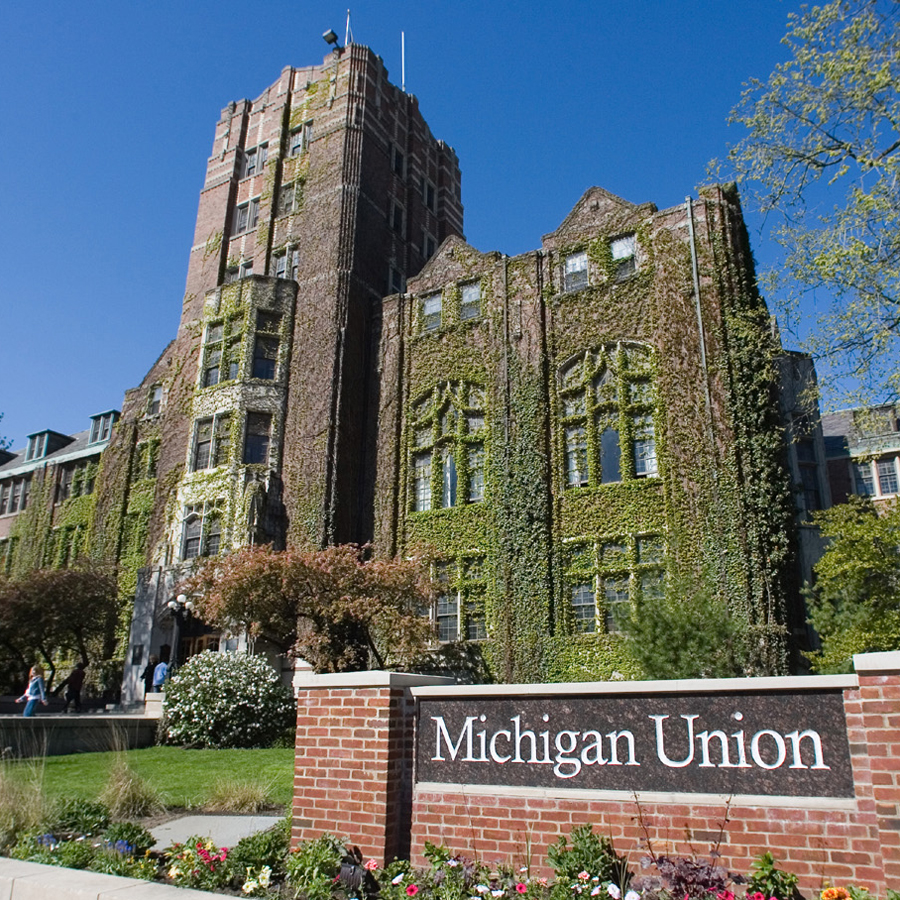 [1]
[1]ANN ARBOR, Mich. (BP) — A new student organization stepping into the college campus free speech fight has sued the University of Michigan over its speech code. In a lawsuit filed May 8, Speech First alleges the University of Michigan’s “vaguely worded” speech code protects hearers’ sensibilities at the expense of speakers’ constitutional right to free speech.
 The lawsuit marks the first in what could be a series of legal battles brought by the group against offending campuses, Speech First president Nicole Neily said.
The lawsuit marks the first in what could be a series of legal battles brought by the group against offending campuses, Speech First president Nicole Neily said.
The federal lawsuit details the University of Michigan’s attempts to keep the peace. School policy prohibits “harassment” and “bullying” but apparently fails to succinctly define the terms. “Harassment” can be “unwanted negative attention perceived as intimidating, demeaning, or bothersome to an individual.”
The school’s Bias Response Team’s website warns, “Bias comes in many forms.” “It can be a hurtful action based on who someone is as a person,” the site says. “The most important indication of bias is your own feelings.” The site urges students who “feel” like they might have experienced bias to report the incident.
Speech First argues “the most sensitive student on campus effectively dictates the terms under which others may speak.” Subjective definitions can have a “chilling effect” on campus free speech and leave students and staff susceptible to code violations and penalties, Neily said.
The university defends its speech policy and Bias Response Team as necessary tools for promoting civil engagement on campus.
“The University of Michigan strives to foster a sense of community where our students, faculty, and staff can thrive,” Kim Broekhuizen, associate director of public affairs, said. “The Bias Response Team is just one resource to help us achieve our goal of creating an inclusive, respectful, and welcoming environment, where all voices can be heard.”
Broekhuizen called freedom of speech a “bedrock principle.” Citing school guidelines, she noted opinions expressed by students cannot get them suspended.
But Neily argued that the school’s efforts to civilize what can be contentious exchanges stifles speech and puts students and staff on their guard, for fear someone might report a perceived offense to the Bias Incident Report Log.
This is not the first time the University of Michigan has faced a free speech lawsuit. In 1989, Doe v. University of Michigan became the seminal case in the ongoing battle over free speech rights on college campuses when a federal court struck down the school’s flawed attempt to resolve serious racial tensions on campus by prohibiting hate speech.
